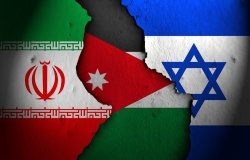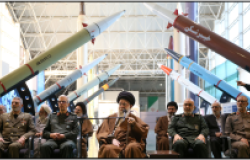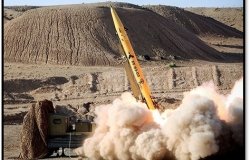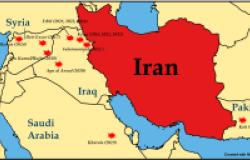Book Launch--Nuclear Terrorism: The Ultimate Preventable Catastrophe
with speaker and author Graham Allison, Director, Belfer Center for Science and International Affairs, and Douglas Dillon Professor of Government, Harvard University
Overview
In Nuclear Terrorism, Professor Allison, author of the classic Essence of Decision: Explaining the Cuban Missile Crisis, addresses "the gravest threat" facing America – in the words of President George W. Bush, the specter of "the most dangerous weapons [falling into] the most dangerous hands." The dangers of the post-9/11 era differ strikingly with the Cold War period: The possibility of a major nuclear exchange with another great power has decreased, while, as former Secretary of Defense William Perry has observed, the odds of a single nuclear weapon being detonated in an American city through a terrorist attack have increased.
Allison argues that nuclear terrorism is imminent and inevitable in that a horrific incident is likely to occur absent a major change in U.S. nonproliferation policy. The book's positive message, however, is that this cataclysm is preventable through a set of practical, relatively inexpensive steps. The critical material for a nuclear weapon – highly enriched uranium (HEU) or plutonium (Pu) – does not occur in nature, and its fabrication requires a major industrial infrastructure. During the Cold War, access to fissile material was the principal technological brake on a state aspiring to become a nuclear power. The breakup of the Soviet Union left a nuclear legacy of hundreds of nuclear weapons (both strategic and tactical) and over a thousand tons of inadequately secured HEU and Pu. In addition, over 20 countries have research reactors with enough HEU for one or more nuclear weapons; and Pakistan's nuclear black market provided nuclear components and a bomb design to Libya, Iran, and potentially to Al Qaeda. Osama bin Laden had declared it a religious duty to acquire nuclear weapons and he would have no moral or political compunction against using them in an attack on the U.S. homeland. As the potential for nuclear terrorism has increased, the permeability of America's borders and the openness of U.S. society make it highly vulnerable.
Allison proposed a strategy of "three no's": first, "no loose nukes" – effective safeguards on nuclear weapons and fissile material; second, "no new nascent nukes" – no new national programs to produce HEU and Pu; and third, "no new nuclear states." In the ongoing nuclear crises with North Korea and Iran, Allison argued that a U.S. assurance of regime survival would be a key element in convincing the Pyongyang and Tehran regimes to forego the nuclear option.
Contact: Division of International Studies, 202-691-4179
Thank you for your interest in this event. Please send any feedback or questions to our Events staff.










